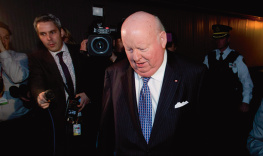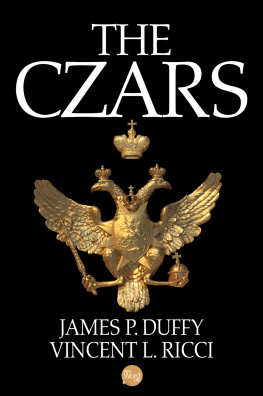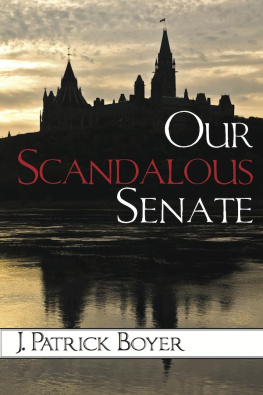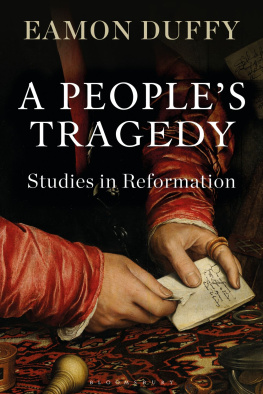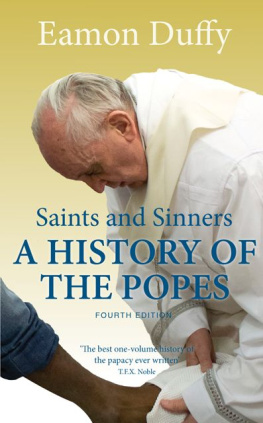Foreword
When I worked on Parliament Hill in the late 1970s and early 80s, I covered some great stories through the Trudeau, Clark, and Mulroney years. But Ill admit that during those half-dozen years Id be surprised if I walked down the shiny halls to the Senate more than a few times. Aside from the pomp and ceremony of Throne Speeches, nothing much seemed to happen in the Red Chamber. And every time some new bagman, party hack, or sacked cabinet minister was appointed to the Senate, wed all snicker and say something like well never hear from them again.
Over the years since, the Senate has popped into the public eye a few times, but not many, and hardly any that changed the image most Canadians had of the place. Television is allowed in the chamber only on Throne Speech days, and few will forget the time the cameras caught a shot of Senator Frank Mahovlich apparently napping during one of the Chrtien-era session launches. It was not a good moment for the Big M or for the institution, and only underlined the somewhat unfair notion many Canadians have that nothing happens in the Senate except the waste of their money.
Which brings us to 2013, when reporters, cameras, and public attention were all focused on the Senate in a way they never had been beforethe worst scandal to hit the Harper government since it was first elected in 2006. And at the centre of the storm has been one of the countrys most recognizable unelected faces, Mike Duffy. Best known for his decades in private and public radio and television, Duffy was one of the hardest-working journalists on Parliament Hill when I worked alongside him during my Ottawa days. We even jokingly called him the Senator for the way he played the Ottawa game. He loved the nickname, especially when it got picked up and used by everyone from cabinet ministers to prime ministers. But it was all just a joke, or at least we thought it was until the day Stephen Harper turned it from fantasy to reality.
One thing all reporters and all politicians know is that the issue that can galvanize voters attention, no matter whether they are Conservative, New Democrat, or Liberal, is abuse of the public purse. The low opinion most Canadians have of politicians often centres around how their money is spent, especially when it is misspent. And thats where this story meets its perfect storm: the Senate, Duffy, and money.
My old friend and colleague Dan Leger knows Parliament Hill, he knows the country, and he knows Mike Duffy. I cant think of anyone else who could tie all this together in a way that brings new light to a tale of money, backroom backstabbing, and political intrigue at the highest levels.
Read it. You may weep, you may laugh. You wont be bored.
Peter Mansbridge
Toronto
November 2013
Preface
By even the most jaded standard, 2013 represented a low-water mark in Canadian politics. It wasnt something new; conditions had been deteriorating for a decade.
The federal sponsorship scandal incinerated thirteen years of Liberal government, scandals in the legislatures of Nova Scotia and Newfoundland and Labrador had exposed elected politicians stealing from the public, and parliamentary debate had morphed into talking points and attack ads. Even with all of that, 2013 seemed particularly sordid. An inquiry was uncovering new outrages in the Quebec corruption case, tainting twenty-seven mayors. Toronto City Council, the countrys largest, was a laughingstock over the bizarre antics of its mayor, Rob Ford. On Parliament Hill, a raging scandal involving senators, expenses, and a high-level cover-up posed a tangible threat to the Conservative government of Prime Minister Stephen Harper. It would result in the condemnation and suspension of three of his senators: Mike Duffy, Pamela Wallin, and Patrick Brazeau, and the hurried resignation of Liberal Mac Harb.
This book was written as the rot was ripening. It started out as a column I had written in May for the Halifax Chronicle Herald about the troubles of Senator Mike Duffy. I had known Duffy since 1981, when I was a junior wire-service reporter and he was already a television star. Even back then, Duffy was a personality whose self-created identity was the Old DuffParliament Hills man in the know.
Duffy lived in Ottawa but made forays back to the Maritimes for election campaign stops, conferences, or prime ministerial visits. Wherever he went, people wanted to shake his hand, get a free opinion on politics, and trade a joke. Duffy had the patter down: a little bird had passed on some gossip or he had chatted up a certain person close to someone high up. It was all part of the shtick, but I had no reason to doubt his sources back then, and mostly I still dont. Duffy knew people, and people love to talk.
It would be that way for decades. Duffy went from radio to television and then to individual stardom, all the while cultivating his image as an insider and political character. The Old Duff became the stage persona of the ambitious Mike Duffy, a Prince Edward Island boy who had done well for himself. Duffy let people think he knew where the bodies are buried, but he wouldnt tell all, as if revealing more would devalue his insider currency. Some colleagues thought that if he wasnt reporting everything, maybe he wasnt such a great journalist after all; reporters are paid to reveal secrets, not keep them. It was only after going into politics, and with his back to the wall, that Duffy started to tell everything he knew, with devastating results.
In 1984, I was posted to the Canadian Press bureau in Ottawa, where I was thrilled to run with the famed Hill media pack, work in Parliaments historic buildings, and cover great events in national politics. I thought of it as an honour, but it was also fun. I got to write about the Hills cast of vivid characters: a larger-than-life prime minister in Brian Mulroney, parliamentarians of every stripe, and the supporting cast of fixers, bag men, hangers-on, and hacks. And journalistic heavy hitters like Mike Duffy.

